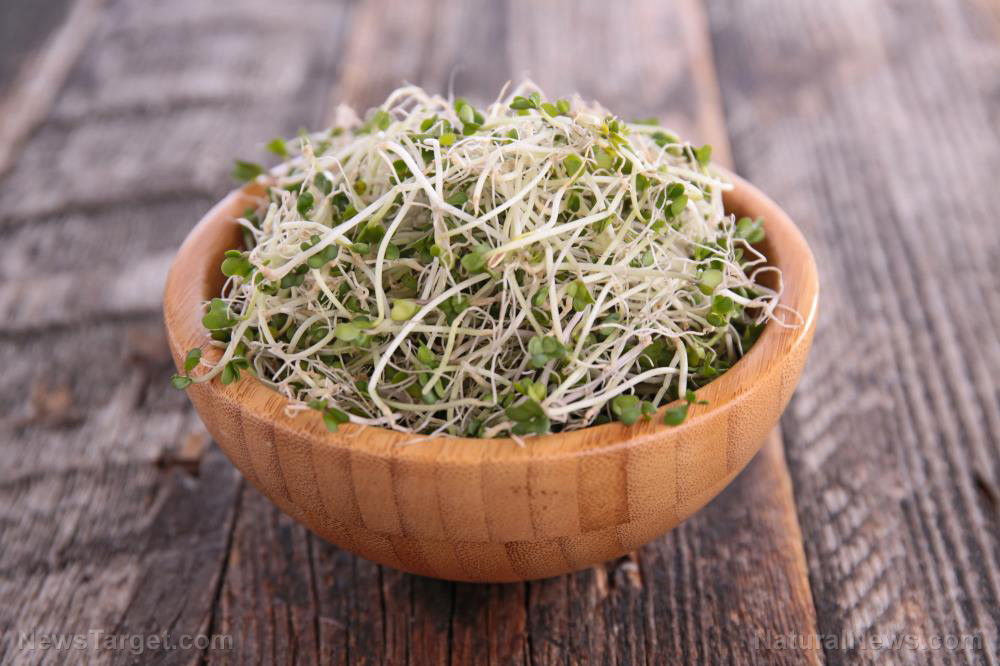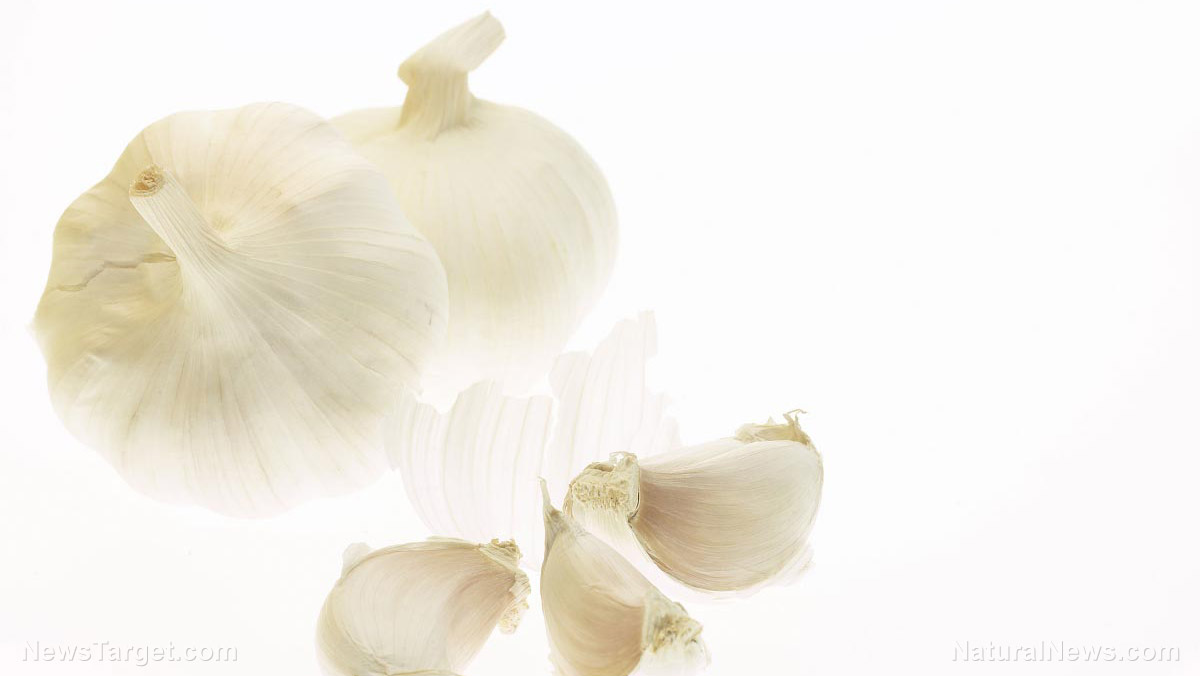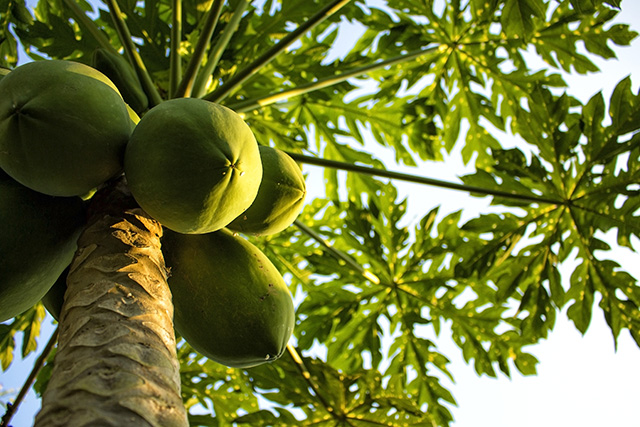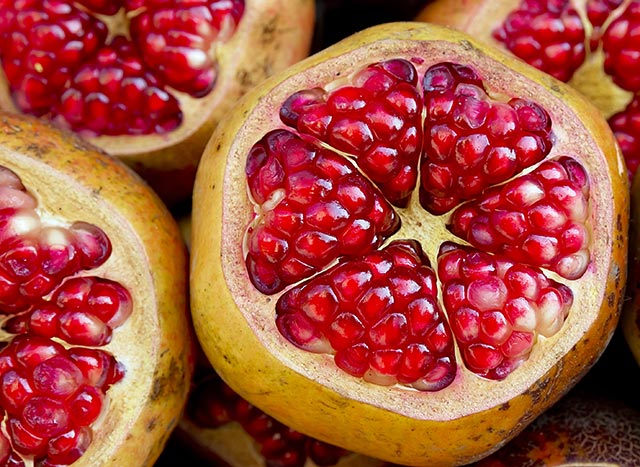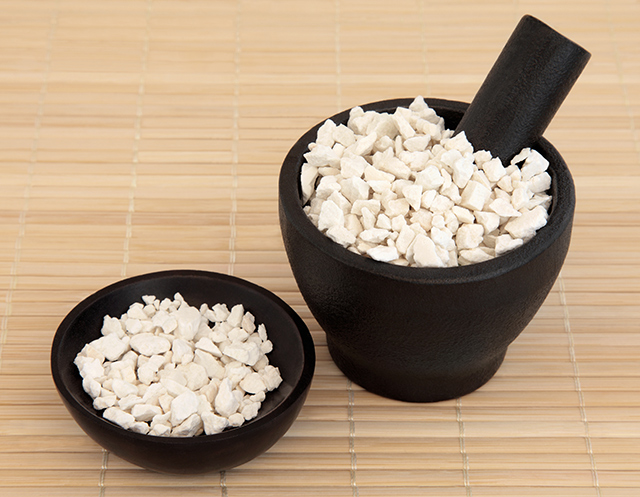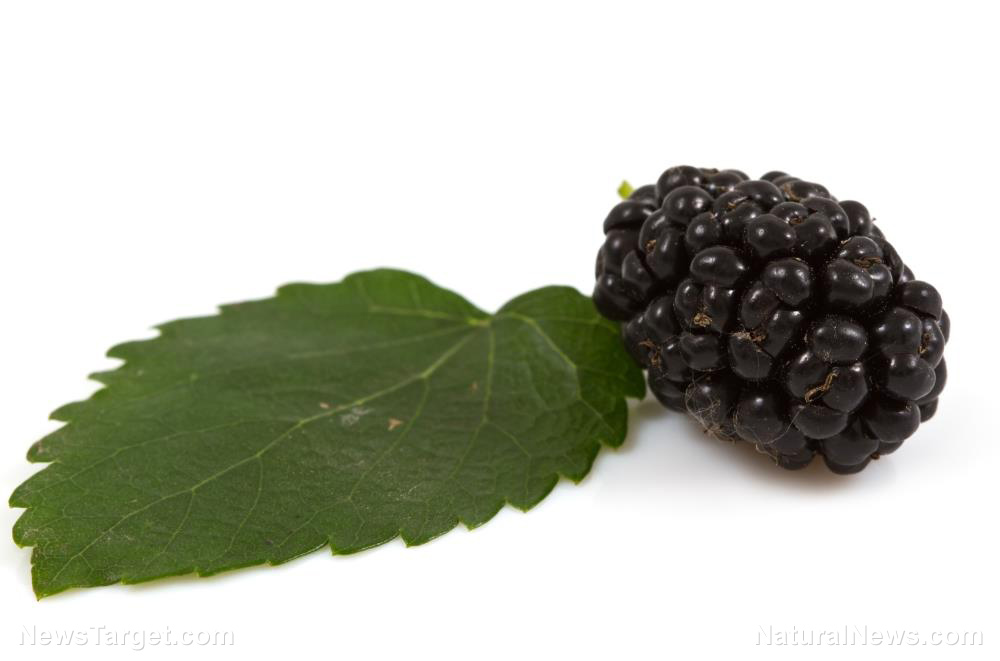Add blueberries to your diet to maintain healthy blood pressure levels
07/21/2019 / By Zoey Sky

Blueberries are sweet and nutrient-rich superfoods that are low in calories. New research suggests that consuming blueberries regularly can also help lower your blood pressure levels.
The study was published in The Journals of Gerontology: Series A and conducted by researchers from King’s College London.
Blueberries and blood vessel function
The researchers used metabolomic and nutrigenomic techniques and found that the phytochemicals which give blueberries their distinctive color could also help lower blood pressure.
For their study, they observed participants who consumed 200 grams (g) of blueberries for one month. Once the study concluded, the researchers found that blueberries helped improve blood vessel function and decreased systolic blood pressure in the healthy volunteers.
The researchers posited that the anthocyanins responsible for the color of the berries could also be behind this effect. Earlier studies reported similar results following the consumption of blueberries.
Ana Rodriguez-Mateos, the study’s lead researcher, shared that while it is best to eat whole blueberries to reap their full benefits, the study findings suggest that the majority of the effects were due to the berries’ anthocyanin content.
Rodriguez-Mateos added that if the changes observed in the participants’ blood vessel function after consuming blueberries daily could be sustained for the rest of their lives, it may help lower their risk of developing heart disease by at least 20 percent.
Several studies have already documented the vascular effects of anthocyanins which mainly circulate in the blood as phenolic acid metabolites.
Blueberries and cardiovascular risk factors
Blueberries are full of phenolic compounds like flavonoids, phenolic acids, and stilbenes, all of which have high antioxidant capacity. These compounds may offer beneficial effects as nutraceutical ingredients that boost vascular health.
In a separate study, scientists analyzed how blueberries, cranberries, and strawberries can address metabolic syndrome.
Metabolic syndrome is a pre-diabetic state that refers to five cardiovascular risk factors:
- Increased blood pressure (higher than 130/85 mmHg)
- High blood sugar levels (which indicates insulin resistance)
- Excess body fat around the waist
- High triglyceride levels
- Low levels of high-density lipoprotein (HDL) cholesterol or “good” cholesterol
For the study, researchers gave 40 healthy participants either a drink containing 200 g of blueberries or a matched control drink to consume daily for a month.
The scientists monitored chemical levels in the participants’ blood, blood pressure, and flow-mediated dilation (FMD) of the brachial artery.
FMD measures how wide the artery stretches with increased blood flow. It is believed to be a reliable biomarker of heart disease risk. (Related: Blueberries lower your blood pressure and reduce your risk of heart disease.)
For the second part of their study, the researchers examined the effects of a blueberry drink and compared it to samples of purified anthocyanins. They also compared the blueberry drink with control drinks that had similar levels of either fiber, mineral, or vitamins as blueberries.
The researchers reported that the blueberry drink exerted its effects on blood vessel function within two hours of consumption. Surprisingly, these effects lasted for a month, even after an overnight fast.
The researchers noted that during the trial period, the blueberry drink decreased the participants’ blood pressure by five mmHg. This effect is similar to that of pharmaceutical drugs designed to manage blood pressure. The drinks with purified anthocyanins also helped boost endothelial function, regulating the participants’ blood pressure.
On the other hand, the researchers found that neither the control drink nor the control with fiber or minerals and vitamins had a significant effect on FMD after consumption.
Phytochemicals and the vascular benefits of blueberries
In the first study, the researchers observed that eating blueberries daily resulted in the expression of 608 genes and three microRNAs.
The scientists stated that the patterns of 13 metabolites were “independent predictors of gene expression changes and pathway enrichment analysis revealed significantly modulated biological processes involved in cell adhesion, migration, immune response, and cell differentiation.”
The results of the study confirmed that anthocyanin metabolites are responsible for the vascular bioactivities of blueberries and the changes they cause in cellular gene programs.
If you want to boost your heart health, follow a balanced diet and consume blueberries regularly.
Sources include:
Tagged Under: #nutrition, alternative medicine, anthocyanins, antioxidants, blood pressure, blood pressure regulation, blood vessel function, Blueberries, cardiovascular disease, clean food, disease treatments, flavonoids, food cures, food is medicine, fresh fruit, fruits, functional food, heart disease, heart health, metabolic syndrome, natural cures, natural medicine, phytochemicals, prevention, remedies, research, systolic blood pressure
RECENT NEWS & ARTICLES
COPYRIGHT © 2017 NATURAL CURES NEWS


